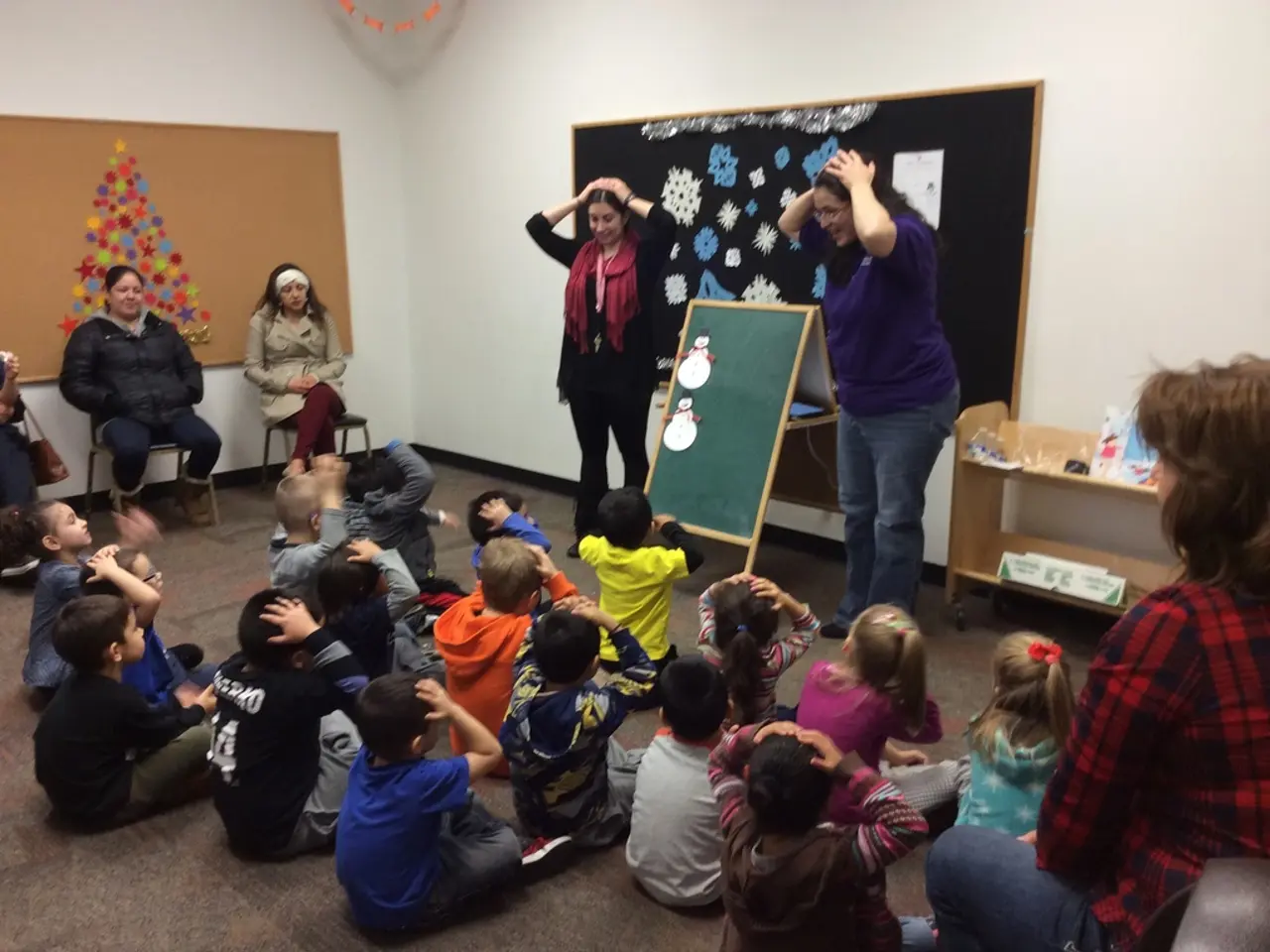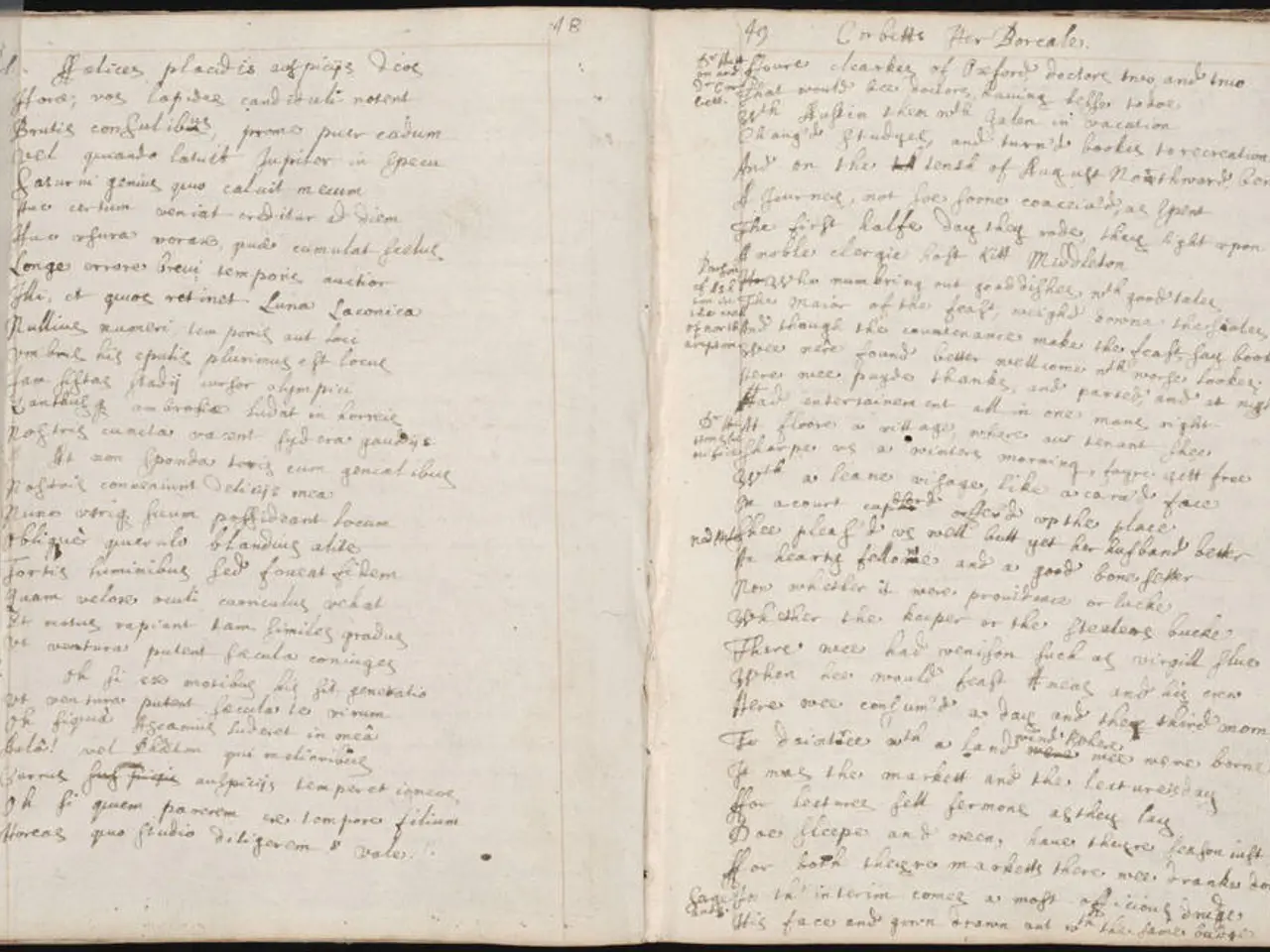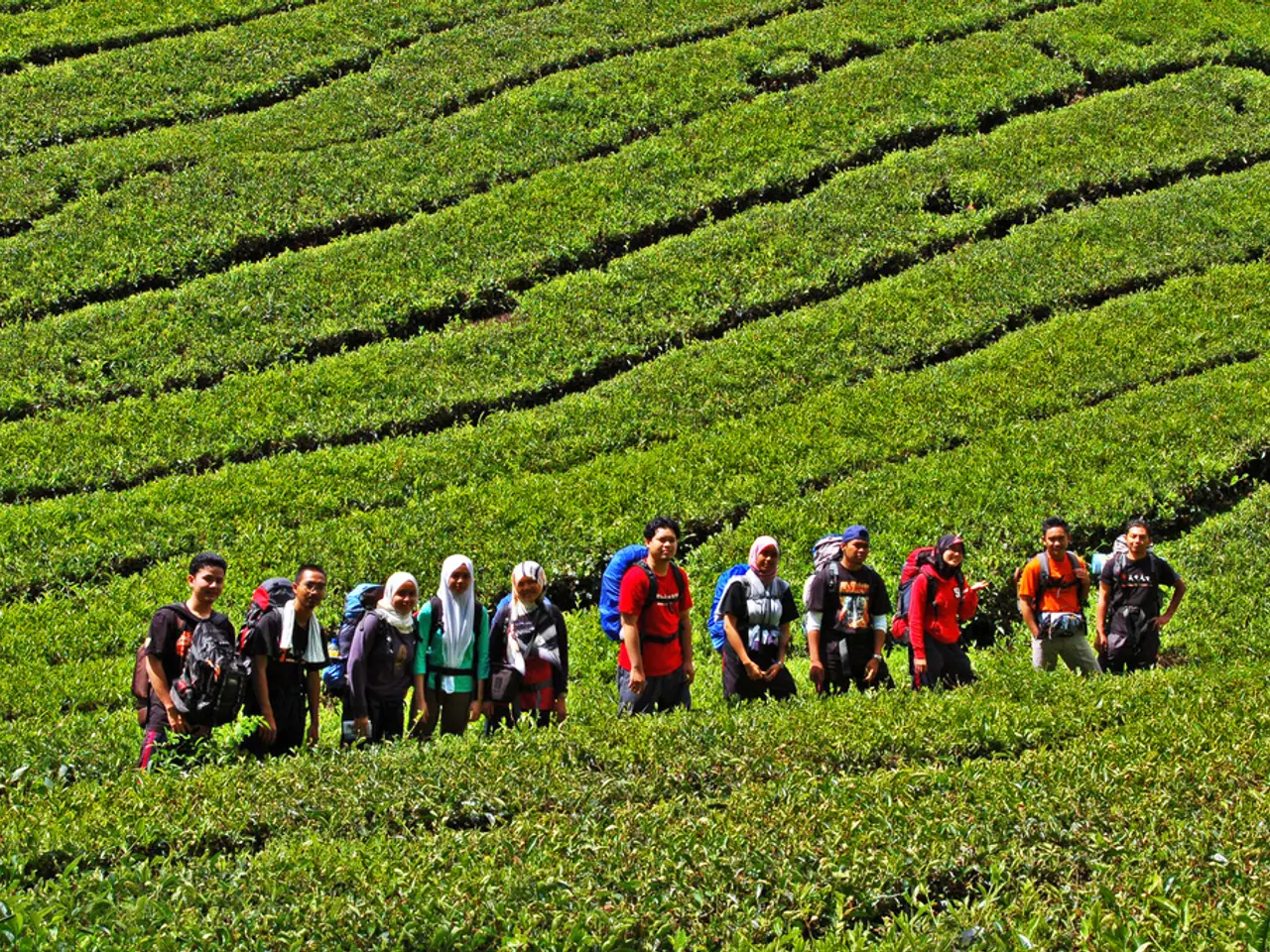Becoming an Exceptional Aviator: The Essential Non-Technical Skills Every Pilot Should Master
Essential Competencies every Aviator ought to Cultivate:
Let's take a deep dive into the intricate world of aviation and explore the non-technical skills that every pilot should cultivate to soar to great heights as a top-tier aviator.
Non-Technical Skills Every Pilot Needs to Master
Effective Communication
Communication is key, particularly during critical situations. A pilot's ability to convey information succinctly and understand instructions accurately is paramount to preventing miscommunications and making informed decisions. Plus, a pilot must be adept at communicating effectively with the crew and ground personnel.
Decision-Making Under Pressure
Air travel is riddled with high-stress situations where every second counts. Rapid, accurate decision-making can be the difference between a safe landing and a major mishap. Developing decision-making skills in high-pressure situations and honing the ability to evaluate available options is essential for tackling unexpected difficulties head-on.
Stress Management
Stress is an inevitable part of aviation life, especially during complex situations or emergencies. Mastering stress management techniques is vital to maintaining a calm demeanor, focusing on the task at hand, and ensuring flight safety while preserving the well-being of passengers and the crew.
Teamwork
The success of aviation is largely due to teamwork. Pilots must collaborate closely with the crew and other industry professionals to ensure operational efficiency. Great teamwork entails open communication, respecting the opinions of others, and coordinating efforts to achieve common objectives.
Situational Awareness
Situational awareness involves the ability to continuously comprehend and evaluate the operational context of the aircraft. This requires understanding the aircraft's position, speed, weather conditions, air traffic, and any other pertinent variables that may impact flight safety. Developing strong situational awareness equips pilots to make informed decisions and adapt swiftly to unforeseen changes.
The Importance of Non-Technical Skills in Aviation
While technical skills are indispensable, non-technical skills play a pivotal role in aviation as well. Human interaction, communication, and stress management all contribute significantly to flight safety and efficiency. A pilot with exceptional non-technical skills can promote a harmonious work environment, efficiently manage challenges, and ensure an enjoyable experience for passengers.
Mastering Non-Technical Skills
- Training and Simulations: Opt for training programs offering specific instruction in non-technical skills. Flight simulations and lifelike scenarios help pilots practice decision-making under pressure, effective communication, and stress management in a controlled setting. This type of training boosts pilots' self-assurance and response capability in critical situations.
- Mentors and Seasoned Pilots: New pilots can gain valuable insights from experienced pilots. Mentors can share their experiences, offer valuable advice, and present a unique perspective on how to develop non-technical skills. Building relationships with established industry professionals can be a terrific way to learn additional skills.
- Personal Growth Beyond Aviation: Non-technical skills development isn't confined to the aviation sphere alone. Engaging in activities outside the industry, like leadership courses, volunteer work, or communication workshops, can augment interpersonal skills and adaptability in a pilot. Such enriching experiences can expand a pilot's viewpoint and improve overall non-technical skills.
In Summary
In conclusion, non-technical skills are vital for any pilot seeking excellence in aviation. Effective communication, decision-making under pressure, stress management, teamwork, and situational awareness are fundamental skills that must be honed and developed. By blending technical and non-technical skills, pilots can guarantee safe and efficient flights, offering a pleasant, dependable experience for passengers.
FAQs
Are non-technical skills important for a pilot?
Yes, non-technical skills are essential for a pilot as they significantly impact flight safety and efficiency.
How can I improve my communication skills as a pilot?
To improve your communication skills as a pilot, focus on participating in training programs with specific communication instruction, practice effective communication in real scenarios, and engage in role-playing exercises to hone your skills.
Can non-technical skills be developed outside of aviation?
Absolutely, personal development outside the aviation realm can contribute to the development of non-technical skills. Engaging in activities like leadership courses, volunteer work, communication workshops, or any experience that improves interpersonal skills can be beneficial.
Why is situational awareness important for a pilot?
Situational awareness allows a pilot to constantly comprehend and evaluate the operating environment of the aircraft, which is crucial for making informed decisions and adapting to unexpected changes.
What is the role of teamwork in aviation?
Teamwork in aviation demands the ability to communicate openly, respect others' opinions, and coordinate efforts to achieve common objectives, which contributes to improved operational efficiency and flight safety.
Every pilot should also focus on education-and-self-development, particularly personal-growth, in order to enhance non-technical skills that play a significant role in aviation. Engaging in activities outside the industry, such as leadership courses, volunteer work, or communication workshops, can help extend a pilot's viewpoint and improve overall non-technical skills.
By integrating learning experiences from both the aviation world and personal development, pilots can master non-technical skills and maintain a harmonious work environment, efficiently manage challenges, and ensure safe and enjoyable flights for passengers.







